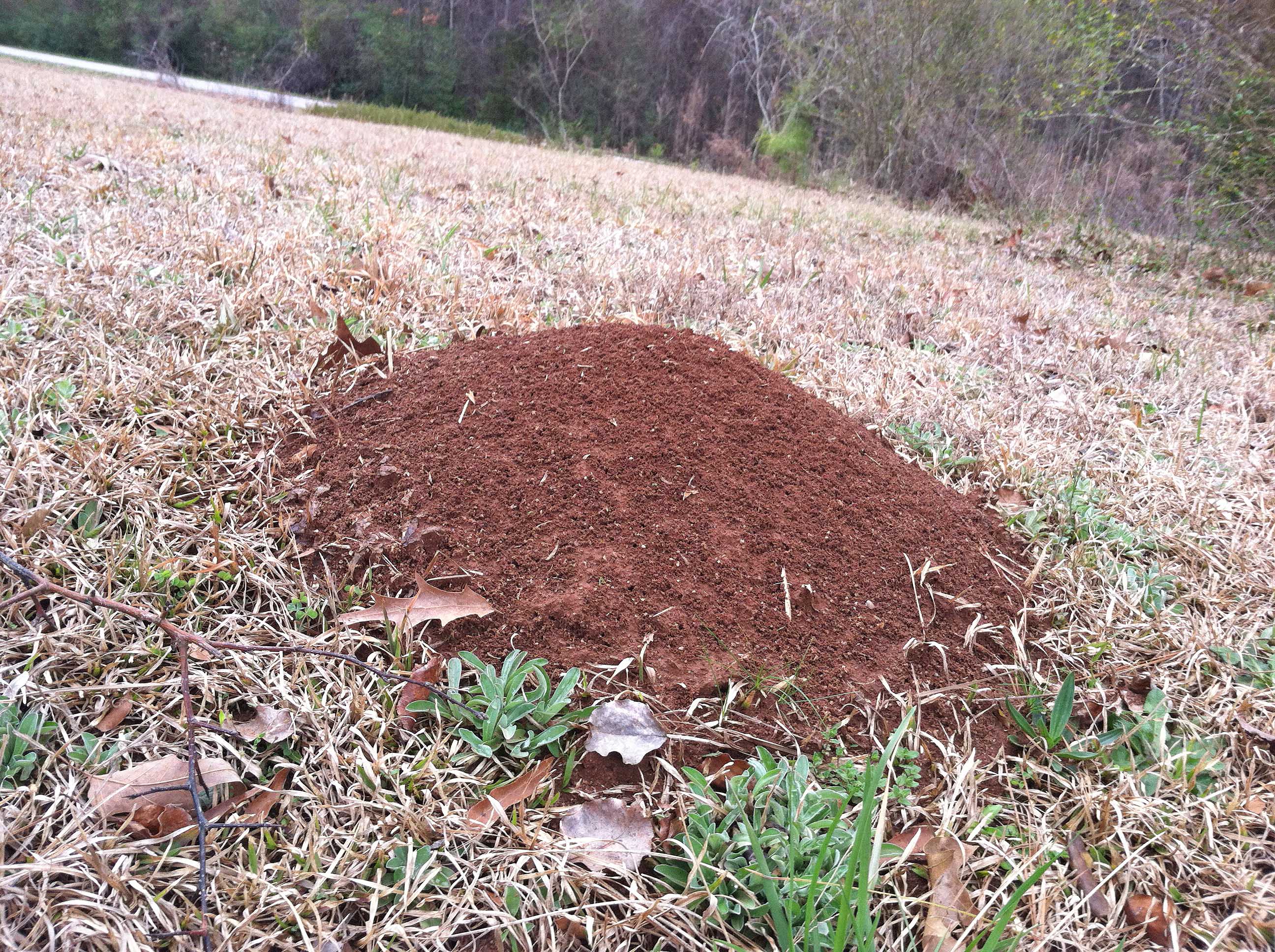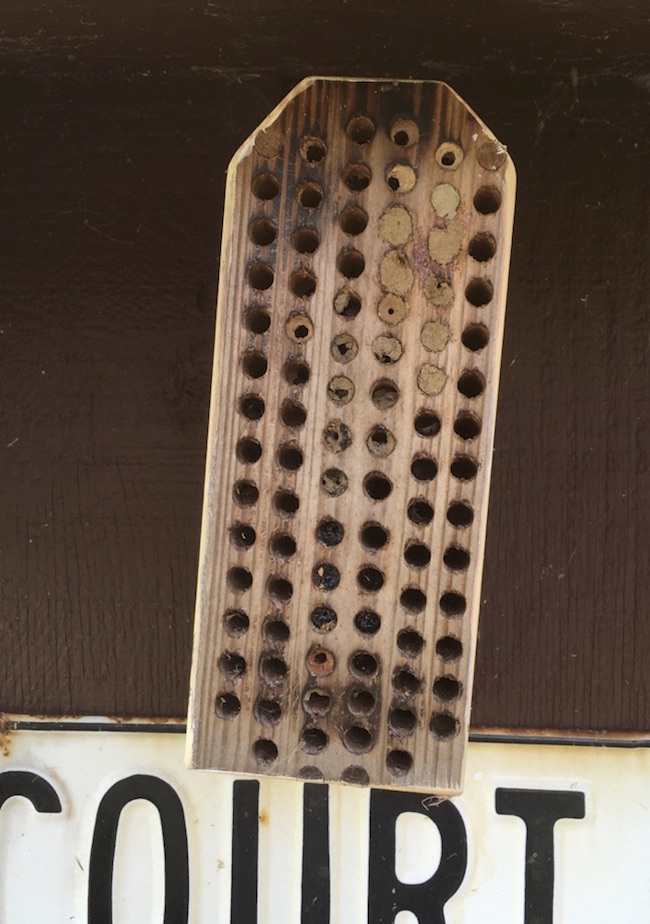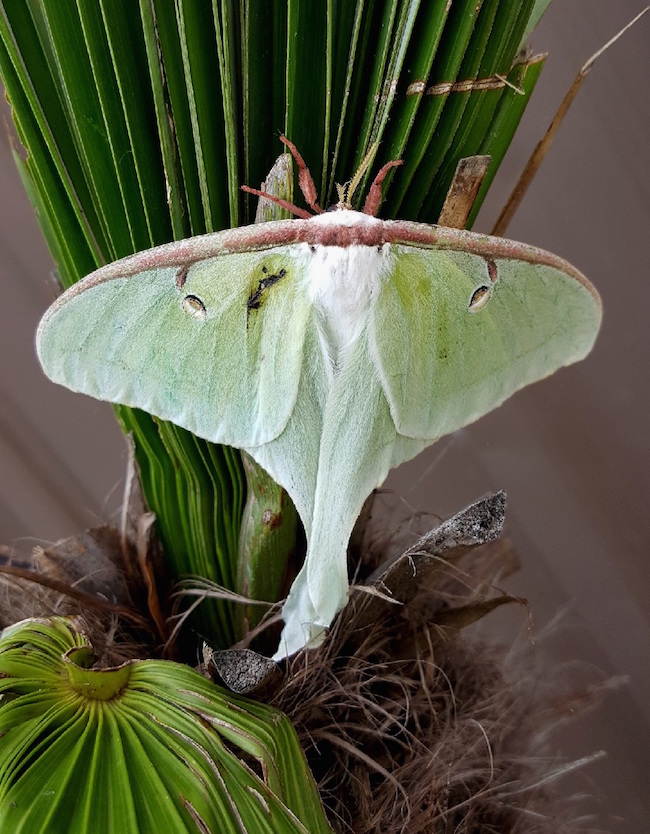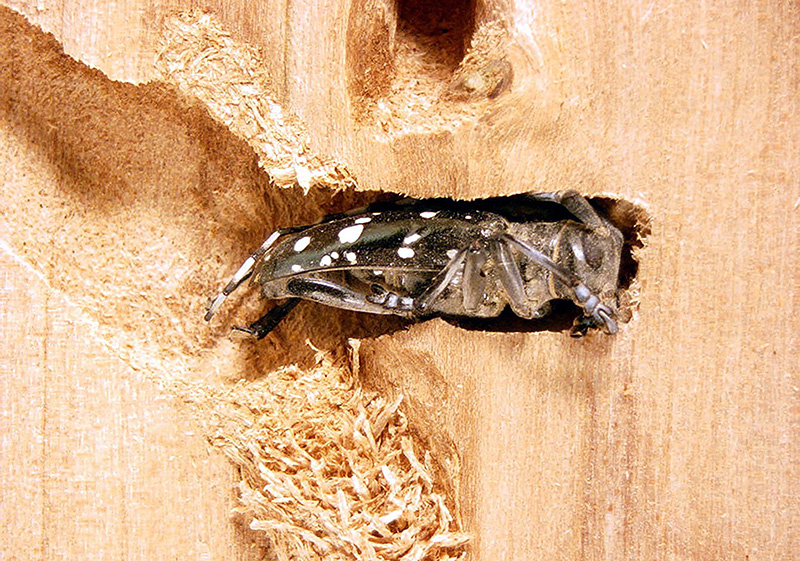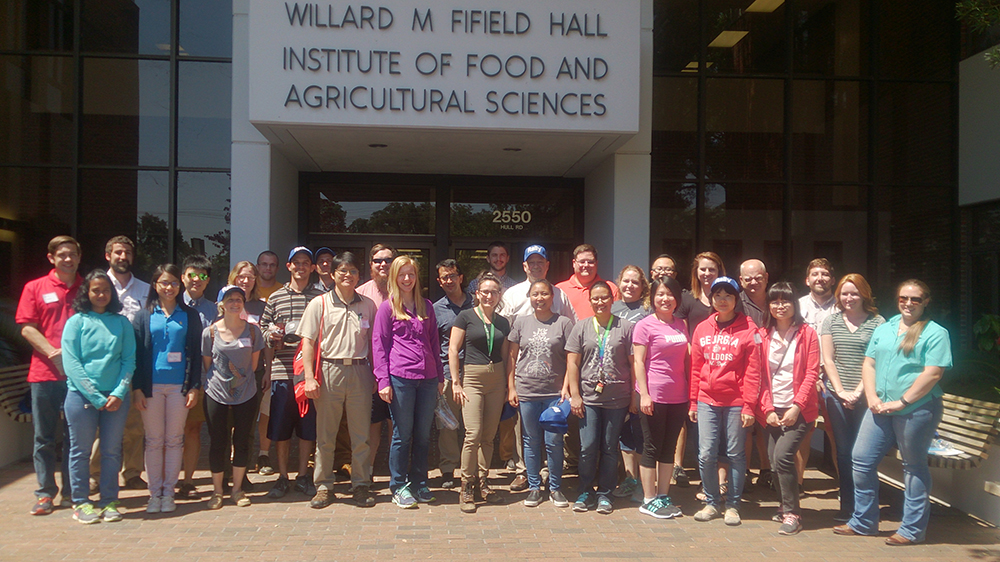 CAES News
CAES News
Turf Team
University of Georgia, state and industry leaders cut the ribbon on Sept. 21 signifying the official openings of three new turfgrass research and education facilities on the Griffin, Tifton and Athens campuses. The largest of the facilities is on the UGA Griffin campus, where the ceremony took place.

